Overblown to buggery is how one might describe the Paris Olympics, which commence on 26 July. There are 45 sports, including five new sports, such as break dancing and kayak cross. There were 241 athletes (all men) and 43 events in Athens in 1896. There were 11,000 athletes (equal men and women) and 339 events in Tokyo 2020 (held in 2021). In Paris, 15,600 Olympic athletes, officials, and 9,000 Paralympic athletes and support teams are expected.
The successful 2021 Brisbane submission to the International Olympic Committee for the 2032 Games estimated revenue of A$5 billion and expenditures of A$5 billion. It was made up. There is no agreement on the main stadium, and it cannot be costed until the new government of Queensland decides after the October 26 election.
A recent superb paper by Flyvbjerg and others, ‘Why the Olympics Blow Up,’ found that every Summer Olympics between 1960 and 2016 ran over budget on average by 213 per cent in real terms, the highest overrun on record for any mega project. The authors predict that it is only a matter of time until an extreme event occurs, with an overrun larger than the largest.
The analysts suggest bidders answer two questions before a bid. Can you accept a 20 per cent risk of at least a three-fold increase in expenditure? If not, walk away. Can you accept an expected cost overrun of 170–750 per cent, with a substantial risk of further overrun above this range? If not, walk away or find effective ways to reduce risk. I bet the Palaszczuk Brisbane bid never came close to answering these questions.
In the last few weeks, I have happily watched the best soccer in the world: Euro 2024, played in existing stadiums in Germany; Wimbledon tennis, which hosted its first championship in 1877; and the British Open golf, played at Royal Troon, which first hosted the Open in 1923. The 2026 FIFA World Cup soccer will be hosted in the nations and jointly by 16 cities in Canada, Mexico, and the United States.
The Olympics are different—many sports, one city—but that is the problem. The world has so many world championships that the Olympics celebrate the detritus. These may be beautiful illustrations of sporting brilliance, but do they gel? Track and field is the premier focus, although these have the Golden League series and swimming and gymnastics hold world title events. So much of the rest is boutique.
As we settle in to enjoy the parts of the mega event that appeal to us, consider these reasons for the cost overruns cited by Flyvbjerg. Hosting the Games is a tough decision to reverse. Hosts generally do not have the option of walking away. Premier Daniel Andrews may have made a wise decision to cancel the Commonwealth Games, but he should never have bid. There is also no option to save on costs by trading off budget against schedule because the timetable for the Olympics is set. In Brisbane’s case, a failure in the main stadium project, the cancellation of the upgrade of the ‘Gabba, will drive up costs or lower expectations for a stadium. There is a legally binding obligation that the host must cover cost overruns. The International Olympic Committee is not incentivised to curb cost overruns - Blank Check Syndrome. Tight constraints on scope and quality in the delivery of investments are an additional driver of more cost. The longer the planning horizon, the higher the opportunities for random events. The price of labour and materials, inflation, interest rates, and exchange rates may change significantly over a long period. Such prices are almost certain given Australia’s and Queensland’s manic desire to decarbonise its economy.
The final factor is a doozy—Eternal Beginner Syndrome. It is almost certain that those responsible for delivery had never delivered this type of project before and placed it in a location that had never seen such a project. Brisbane hosted a Commonwealth Games in 1982 and is still trying to figure out what to do with the QE II stadium. Expo 88, the world expo hosted by Brisbane, was a resounding success, but it was essentially an inner-city rejuvenation project in one well-defined place.
Shortly before the Rio 2016 opening ceremony, Rio de Janeiro’s governor declared a state of emergency to secure additional funding for the Games. Let us hope that Brisbane does not catch the Brazilian disease.
Gary Johns is chair of Close the Gap Research










